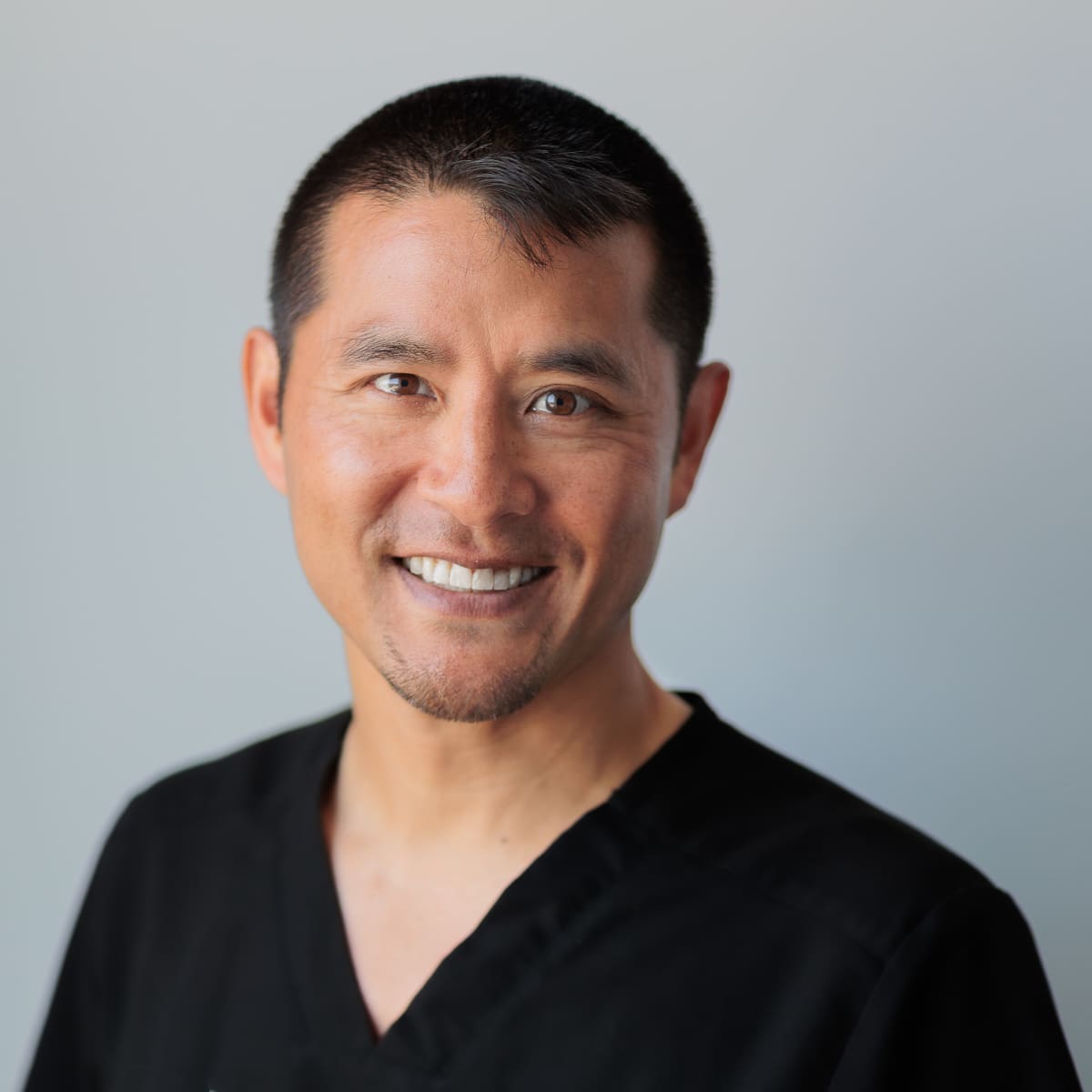Skin Cancer Reconstruction
Skilled and Experienced
Reconstructive Surgeons
Skin cancer affects hundreds of thousands of people every year in the United States. Among the most common types of skin cancer is the nonmelanoma cancer that often afflicts the face and neck area. Removal of the cancerous cells on the body can often lead to deformities and loss of function in the affected area.
At Columbia Aesthetic Plastic Surgery in Columbia, Maryland, our surgeons understand that restoring an aesthetically pleasing, natural-looking result after skin cancer surgery is an important part of the healing process. They use the most advanced techniques to help men and women regain aesthetic satisfaction and functionality of the afflicted area.
If you have been diagnosed with skin cancer, or are considering skin cancer reconstruction, it’s worth a visit to our office. Request a consultation or call us at (410) 740-9330 to schedule an appointment.
Before & After Gallery
View real patient images and see the difference Dr. Chang is able to make in the lives of his patients.
A Modern Approach
Having skin cancer can be an extremely emotional time. Our plastic surgeons offer their experience and expertise to help you understand your options and decide which techniques are right for you. They will also walk you through the procedure process, discuss pre- and post-operative care, and discuss expectations for outcomes. They use a patient-centered approach by thoroughly examining all aspects of the affected area of the skin including the size, location, and depth, patient medical history, personal habits, and aesthetic concerns. This will help to determine all options for optimal results.
Skin cancer reconstruction procedures fall into 2 general categories that refer to the timing of the surgery:
- Immediate reconstruction: The procedure is performed immediately after skin cancer removal surgery.
- Delayed reconstruction: The procedure is performed months or years after skin cancer removal surgery.
Our doctors offer both immediate and delayed procedures in a variety of forms. They are happy to work with you and your cancer-care team to find the right approach for your reconstruction.

Dr. Eric Chang
A Stanford-trained, board-certified plastic surgeon, Dr. Chang combines refined surgical techniques with compassionate patient care in performing cosmetic and reconstructive plastic surgery.
Dr. Jessica Wang
A graduate of Duke and University of Virginia, Dr. Wang has advanced training in facial aesthetic and reconstructive surgery and is devoted to excellent results.

DR. ERIC CHANG

A Stanford-trained, board-certified plastic surgeon, Dr. Chang combines refined surgical techniques with compassionate patient care in performing cosmetic and reconstructive plastic surgery.
DR. JESSICA WANG

A graduate of Duke and University of Virginia, Dr. Wang has advanced training in facial aesthetic and reconstructive surgery and is devoted to excellent results.
Types of Skin Cancer Reconstruction
Skin cancer reconstruction can be accomplished by using 2 main techniques alone or in combination with each other. Skin flaps and skin grafting are the most effective methods of addressing lesions and deformities and can be used in both immediate and delayed reconstructive plastic surgery.
Skin Grafting: The skin grafting process uses skin from one part of the body, such as your thigh or groin, and transfers it to the affected area. Dr. Chang or Dr. Wang preps the targeted area beforehand then carefully places the skin graft and secures the site with a dressing to hold the skin graft in place and support proper healing. Skin grafting is better for when there is a large area to address.
Skin Flap Surgery: In this method, your surgeon uses the healthy, adjacent skin tissue and repositions it to cover the affected area. The skin flap is an excellent technique as the skin is still intact and receiving blood flow. Skin flaps are more beneficial and provide more natural-looking results when addressing skin reconstruction sites on the head and neck as the texture and color of the tissue is similar. Your surgeon uses the natural creases and curves of the face and body to camouflage the resulting scar.
Recovery & Results
Recovery after skin cancer reconstructive plastic surgery can vary depending on the size and location of the area. Many people experience some soreness, redness and draining of small amounts of fluid in the area which is to be expected.
To reduce possible risks, it’s important to follow the post-surgery instructions we provide. These will include:
- Cleaning, topical use and bandage care of the surgery site
- Movement limitations to avoid stressing the sutures.
- Quitting smoking or avoiding smoking for 6 to 8 weeks before and after surgery.
- Medication usage.
- Avoid sun exposure to reduce changes in pigmentation and raised or red scarring, not to mention increase your risk for skin cancer.
It may take a few weeks for your incisions to heal, and you will continue to see improvements over the next several weeks and months. It can take up to 1 year for incision lines to improve and fade. Depending on the complexity of your needs, a second procedure may be necessary for further refinements.
Skin cancer reconstruction surgery can considerably improve the appearance of the surgery site, but you will likely have some permanent changes to the area due to your initial surgery. That is why it is essential to have realistic expectations for your results.
Schedule your one-on-one consultation with Dr. Eric Chang or Dr. Jessica Wang to discuss your skin cancer reconstruction options. Call us today at (410) 740-9330 or contact us online.
Subscribe to Our Newsletter
Keep in touch! Sign up for the Columbia Aesthetic newsletter and be among the first to know about events, specials, and more.
Telephone No.(410) 740-9330
